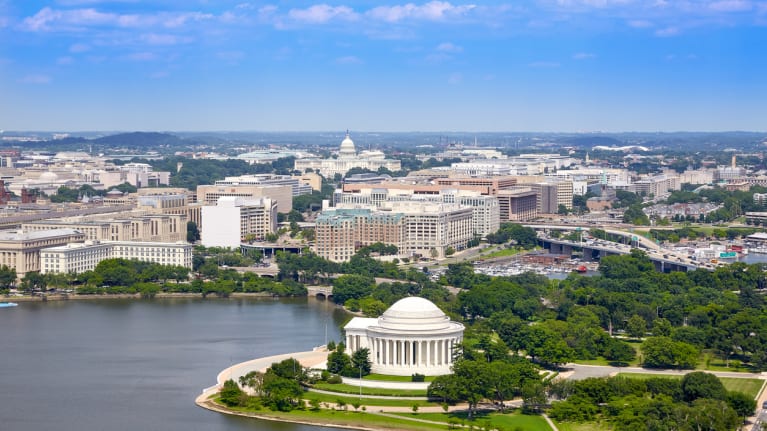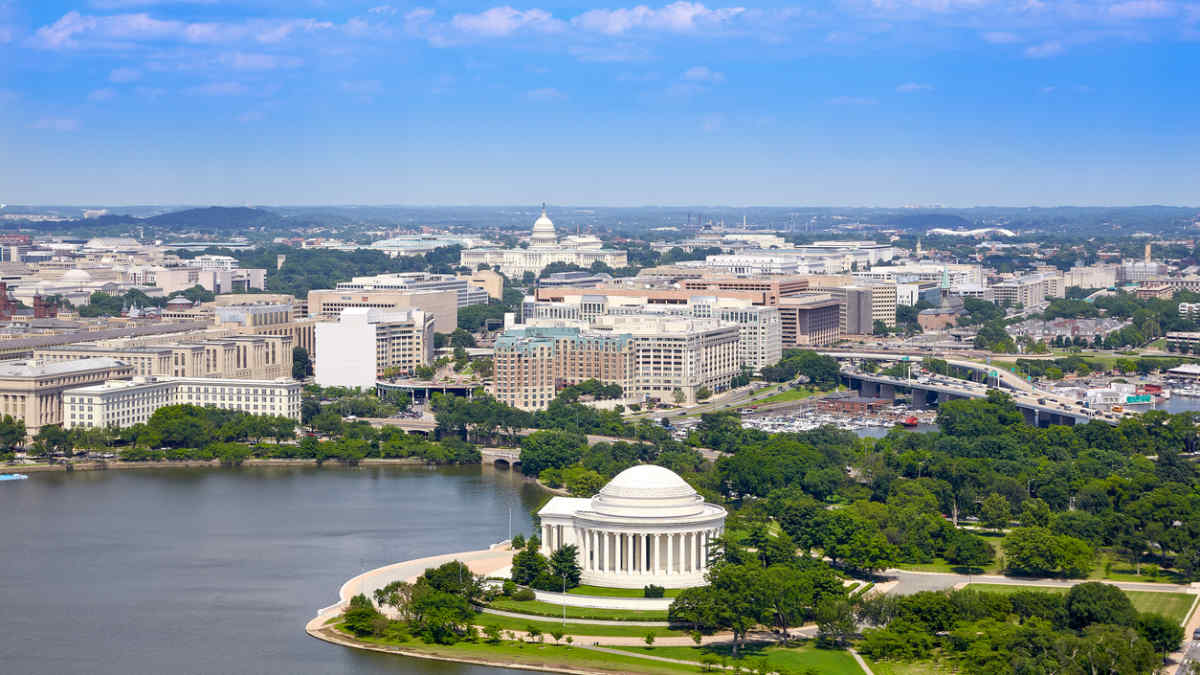

?Due to a surplus in the District of Columbia’s Universal Paid Leave Fund, the number of weeks of paid leave available to eligible employees in the District of Columbia pursuant to the Universal Paid Leave Act (UPLA) will significantly increase on Oct. 1.
On June 7, the District of Columbia Council passed the Fiscal Year 2023 Budget Support Act of 2022 (the “Act”), which includes statutory changes that are necessary to implement the budget. The Act amends, among other items, the UPLA to expand the amount of leave available to 12 weeks of parental, family and medical leave. The council concurrently passed an emergency provision that, upon the mayor’s approval, renders the changes effective immediately.
| ?Parental Leave: 8 weeks | ?Parental Leave: 12 weeks |
| ?Family Leave: 6 weeks | ?Family Leave: 12 weeks |
| ?Medical Leave: 6 weeks | ?Medical Leave: 12 weeks |
| Prenatal Leave: 2 weeks? | ?Prenatal Leave: 2 weeks |
The maximum amount of leave that can be taken within a 52-workweek period will increase from eight weeks to 12 weeks, regardless of the number of qualifying leave events in that 52-week period, with an exception when an employee takes both prenatal and parental leave. In that circumstance, the employee can “stack” leave and receive both prenatal and parental leave, that is, for a total leave time of up to 14 weeks. However, an employee may not receive any combination of prenatal leave and medical leave that exceeds the maximum allowed amount (to be set at 12 weeks).
In addition, as of July 1, District employers’ contributions to the Universal Paid Leave Fund will be reduced from 0.62 percent to 0.26 percent of an employee’s salary. Under the Act, the council will also make permanent the elimination of the one-week waiting period.
District employers should prepare to implement the expanded leave provision in anticipation of the Oct. 1 effective date by reviewing and updating their leave policies to reflect the additional leave time. District employers are reminded that covered employees must receive notice of the UPLA on three occasions: upon hire, annually and when the employer receives notice that an employee may need to request Paid Family Leave. Employers with questions about compliance or coverage should consult with experienced counsel.
S. Libby Henninger and Rosa T. Goodman are attorneys with Littler in Washington, D.C. © 2022 Littler. All rights reserved. Reposted with permission.

